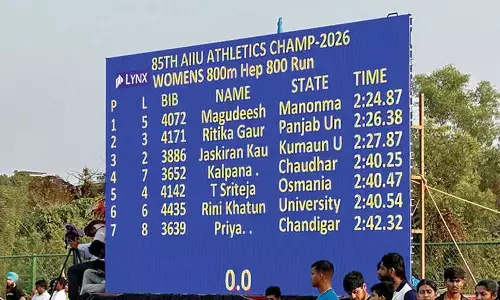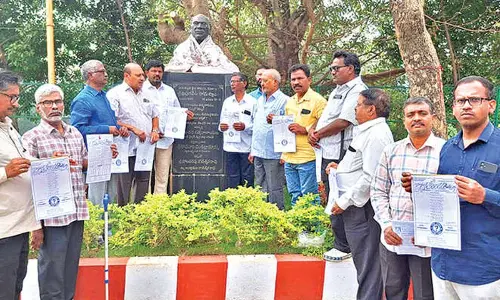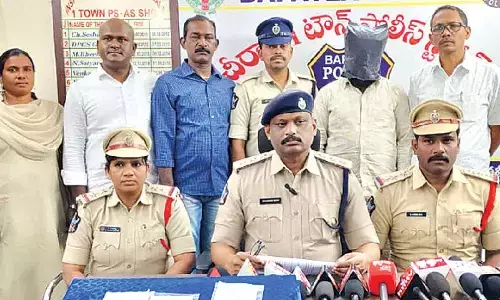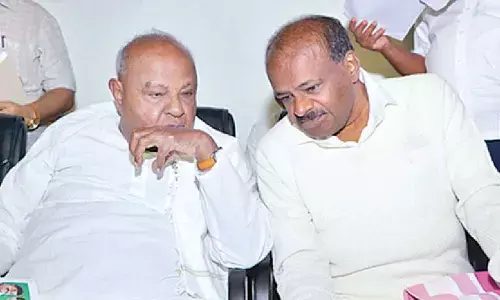Census, delimitation: Address concerns of southern states
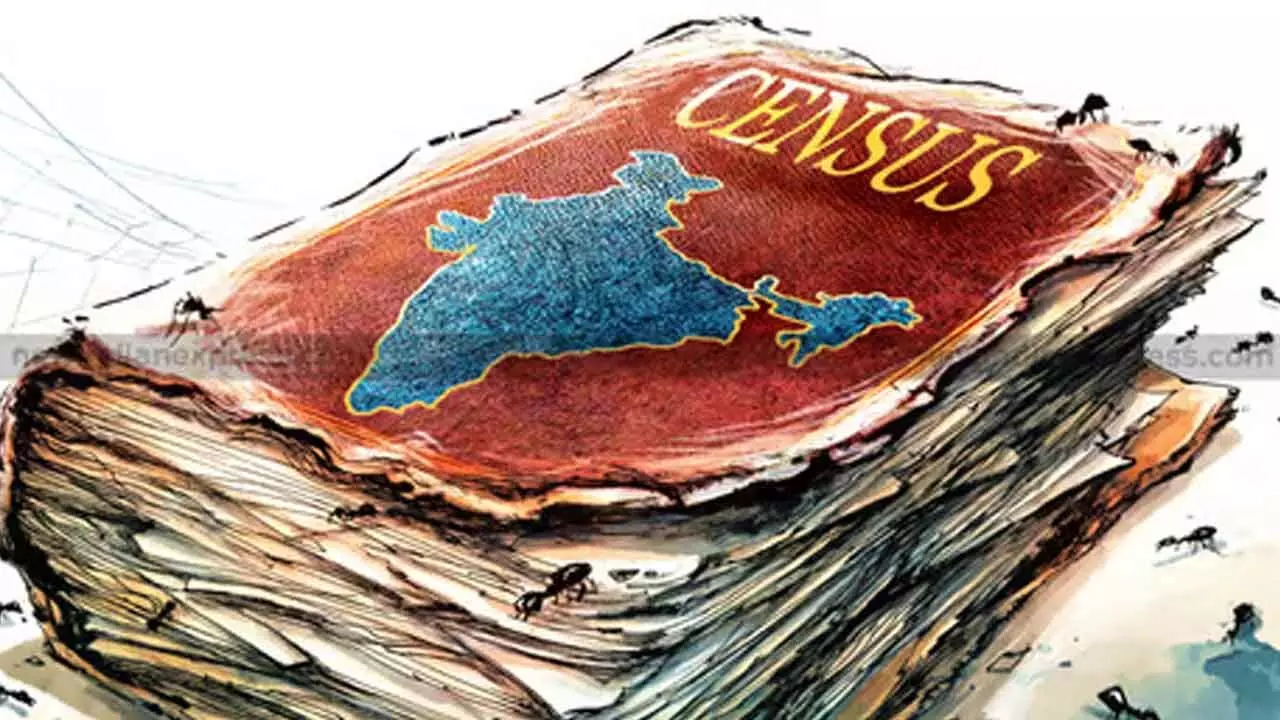
The much-delayed Census is likely to kick off next year and be wrapped up by 2026. India will have two historic changes in the composition of legislative assemblies and parliament: 1. delimitation will lead to more constituencies, and 2. there will be 33 per cent reservation for women in Lok Sabha amounting to 182 seats. When the historic new Parliament Complex was unveiled on 28th May 2023, it was keenly observed that Lok Sabha had a seating capacity of 888 members, which gave rise to speculations that the additional seats were meant to accommodate new constituencies that would be created post delimitation exercise which has been due for decades. At present, the number of seats in Lok Sabha is currently 543 plus two nominated numbers, and in all state Assemblies taken together, 4,123.
The then Atal Bihari Vajpayee government in 2002 put off the delimitation exercise by a span of 25 years through the 84 Amendment to the Constitution. The Narendra Modi government now wants to complete the process by 2028 before the Lok Sabha elections in 2029. Once the census is conducted, for delimitation of constituencies to take place, the Centre needs to undertake amendments to Article 81 (which defines the composition of the Lok Sabha), Article 170 (composition of Legislative Assemblies), Article 82, Article 55 (the presidential election process for which value of each vote in the electoral college is decided on the population basis), Articles 330 and 332 (covering reservation of seats for the Lok Sabha and Legislative Assemblies, respectively). The 42nd amendment to the Constitution during the Emergency period froze for a period of 25 years (i.e., ending in 2001) the number and boundary of constituencies in Lok Sabha (Article 81) and state legislatures (Article 171) as per the population figures of the 1971 census.
The politically unstable Vajpayee government thought it could not handle such a humongous exercise and hence the postponement of the reallocation of seats till 2026. The delimitation is viewed as essential at present a Member of Parliament on an average represents 25 lakh population whereas the original ratio capped by the constitution was one MP per 7.5 lakh. Thus, Indians are said to be under-represented due to the large size of constituencies. When the freeze was effected during Indira Gandhi’s tenure, the Centre used to allocate resources as per the needs, rather than the revenue they generate. This practice continues. It generally reflects that more populated states will not only have higher share in central allocations but will also have more MPs, and thus a greater political heft post delimitation.
All eyes are now on the Modi administration to devise ways and means so as to ensure the five southern states get a proportionate representation and will not be affected by the redrafting of constitutions purely based on numbers of population. There will be a fiscal bearing, too, these more developed and less populated states compared to the north. As per a formula, the four Hindi speaking states of MP, UP, Bihar and Rajasthan alone will see their total MP seats rise from 174 (NDA won 156 seats) to 284 seats. Already there is a declining bargain power for PM hopefuls from the South. These fears prompted TN CM M K Stalin to urge his state people to beget more children. It is strongly hoped that the NDA government would be
utmost careful to avoid any wedge between the North and the South. Some tweaking of population-based delimitation, along with fair distribution of resources, should be arrived at. Anyhow, India’s federalism spirit should be sustained.








